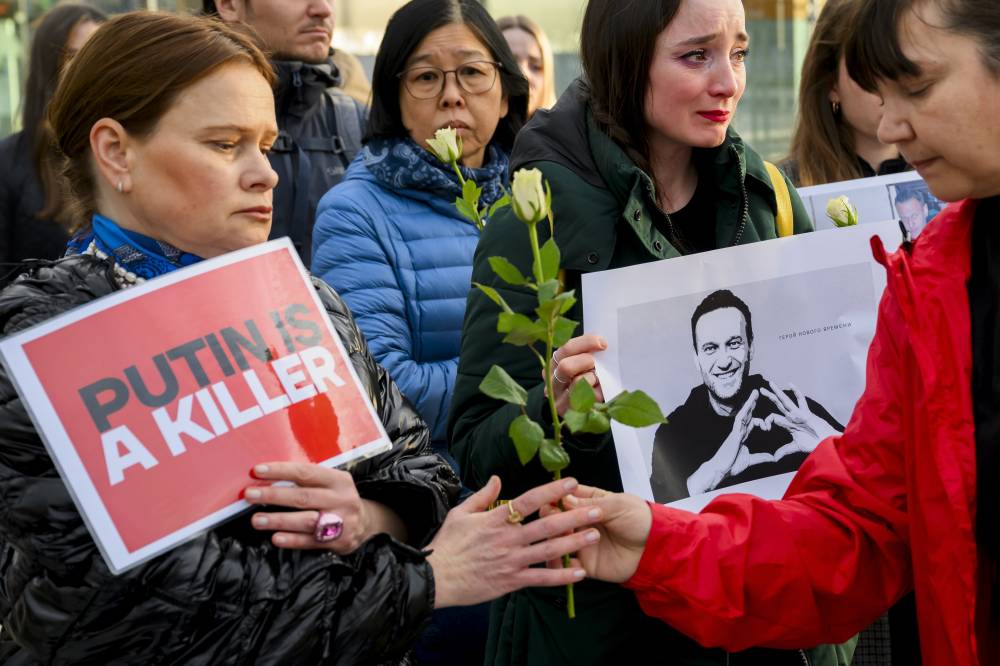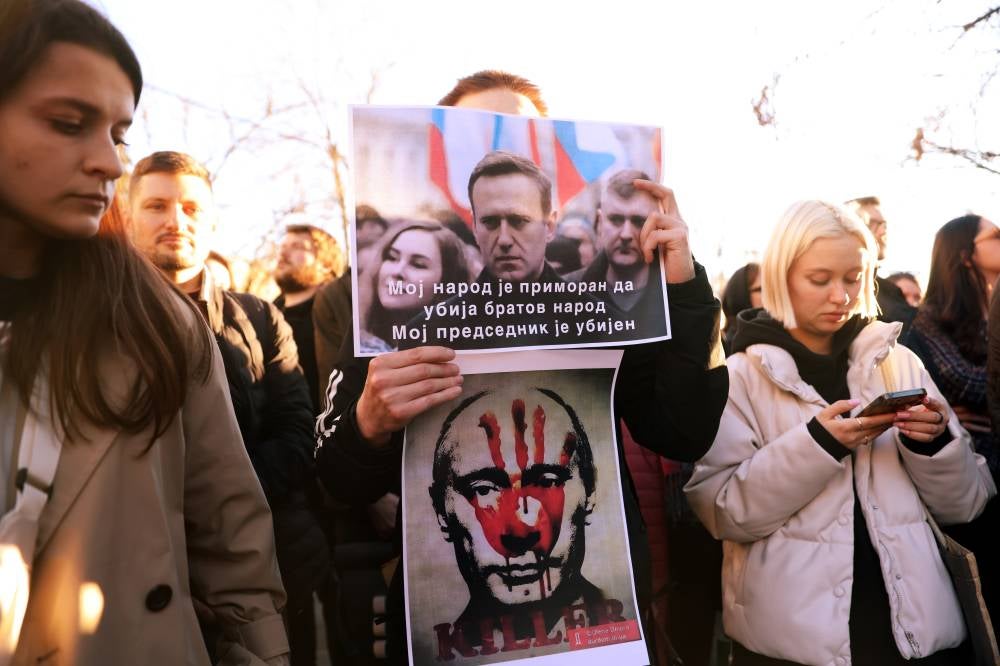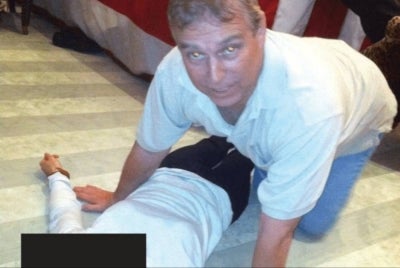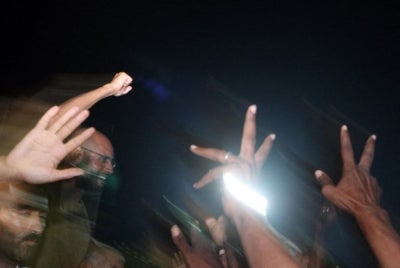Navalny death: What we know
"Navalny felt bad after a walk, almost immediately losing consciousness. Medical staff arrived immediately and an ambulance team was called," the prison service said in a statement.

PARIS - Russia's top opposition politician Alexei Navalny died on Friday at the Arctic prison colony where he was serving a 19-year-term.
Here is what we know so far about the death of the 47-year-old head of the Anti-Corruption Foundation and outspoken critic of President Vladimir Putin:
- Died 'after a walk' -
Russia's federal penitentiary service said Navalny, already the target of a poisoning attack before he went to jail, fell ill after going for a walk.
"Navalny felt bad after a walk, almost immediately losing consciousness. Medical staff arrived immediately and an ambulance team was called," the prison service said in a statement.
"Resuscitation measures were carried out that did not yield positive results. Paramedics confirmed the death of the convict. The causes of death are being established," it added.
Russian news agencies reported that medics from a nearby hospital were called seven minutes later and spent half an hour trying to resuscitate Navalny.
Russia's Investigative Committee said it had opened an investigation into the death.
A lawyer for Navalny and a regional court said he had actively participated in a video legal hearing on Thursday, the day before he died, when he did not appear to have any health complaints.
Russian state television briefly reported Navalny's death.
- Lawyers not told -
Navalny's defence team said they had not been informed of his death but that a lawyer was going to the remote Kharp prison in the Arctic region to find out what happened.
Western governments have been quick to blame the Kremlin, however.
"The Russian government bears a heavy responsibility," Norway's Foreign Minister Espen Barth Eide wrote on X, formerly Twitter.
Italian Prime Minister Giorgia Meloni said that Navalny's death was a "warning" to the world and called for a clarification of what happened.

- Prison colony -
Navalny had been detained in Russia since January 2021 when he was sentenced to a prison colony for "extremism". That term was extended to 19 years in August last year. That was just the latest in a string of jail terms for charges that included embezzlement.
He had spent most of his detention at the IK-6 penal colony in the Vladimir region, some 250 kilometres (155 miles) east of Moscow.
In December he disappeared for more than two weeks. At the end of that month it was revealed that he had been moved to the notorious IK-3 colony at Kharp in the Arctic.
Navalny said on social media on December 26 that he was "fine" after a "pretty exhausting" 20-day transfer to the remote prison inside the Arctic Circle.
IK-3 is more than 1,900 kilometres (1,200 miles) northeast of Moscow. Its name means Northern Lights, but its nickname is "Polar Wolf".
It was built in the 1960s on the site of a camp that was part of the Stalin-era labour camp network, known as the Gulag. It can house up to 1,020 prisoners. Inmates are put to work treating reindeer skins.
- Poison before prison -
Navalny mobilised huge anti-government protests before being jailed in 2021, after surviving an attempt to assassinate him by poisoning.
Starting out as an anti-corruption campaigner in 2007, Navalny led huge protests in 2011-12 and received his first conviction in 2013 for embezzlement. He denied the charges.
After being barred from the 2018 presidential election, Navalny was admitted to hospital in Siberia in August 2020 after losing consciousness during a flight.
He was transferred to a Berlin hospital where tests showed he was poisoned with Novichok, a Soviet-era nerve agent. Navalny blamed Putin for the poisoning. The Kremlin denied the accusation. - AFP
Download Sinar Daily application.Click Here!














